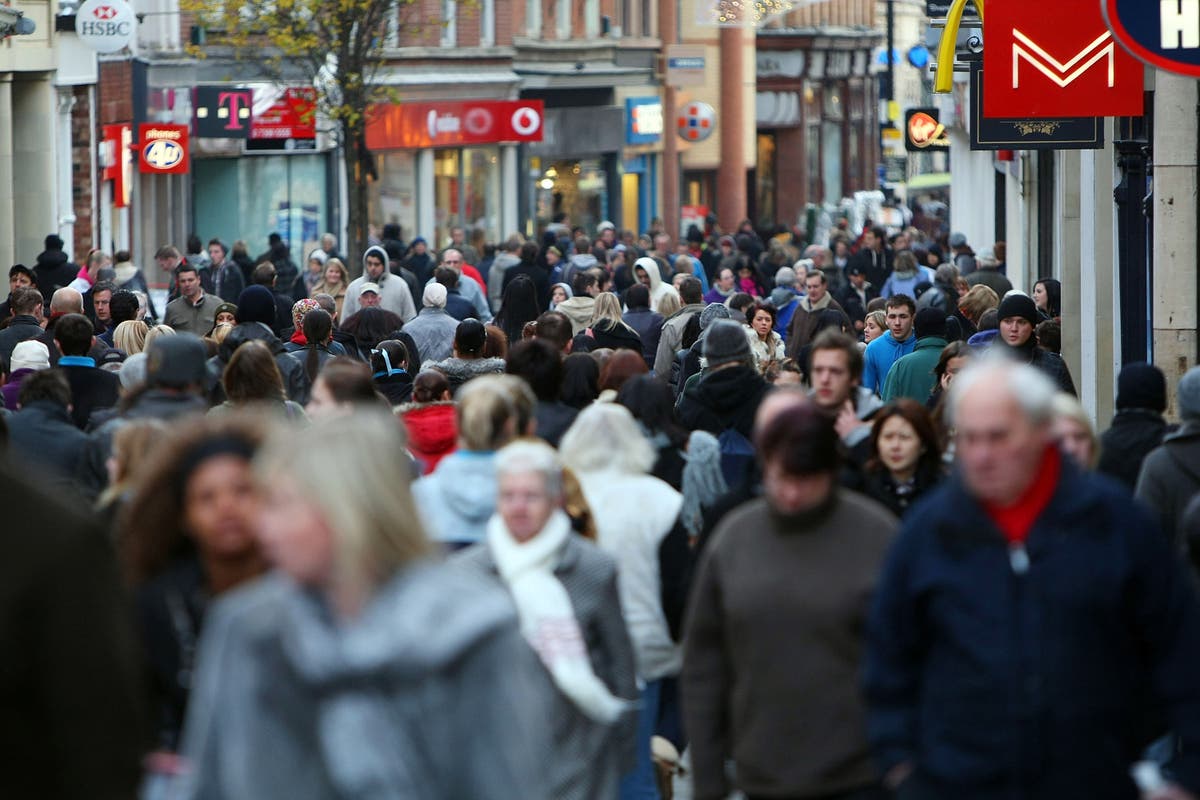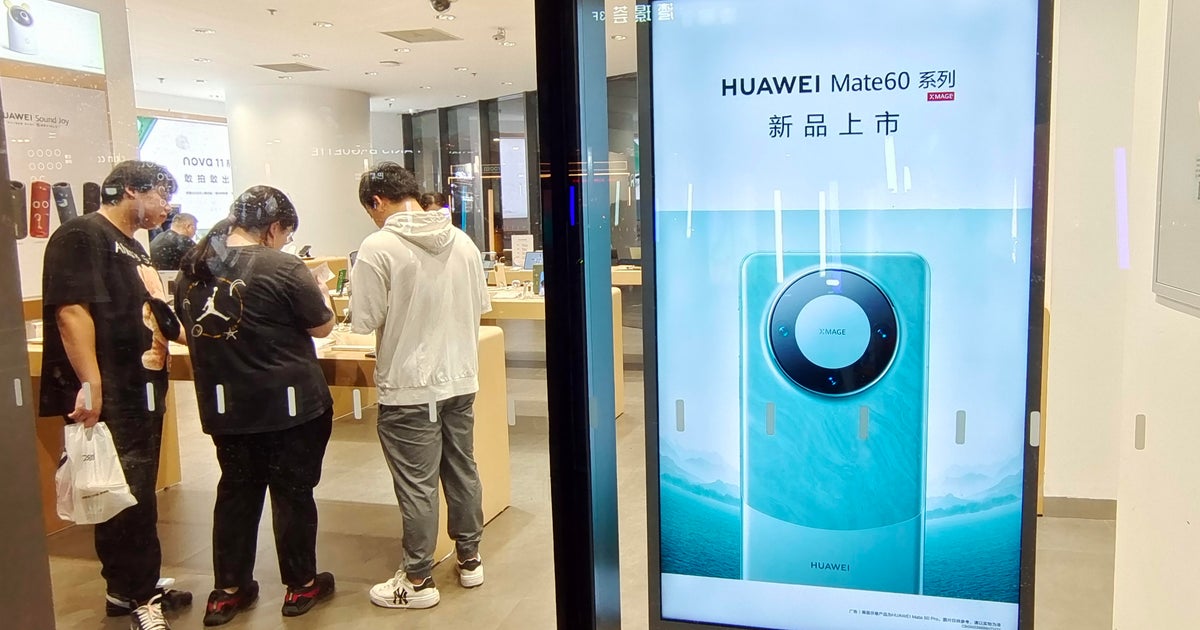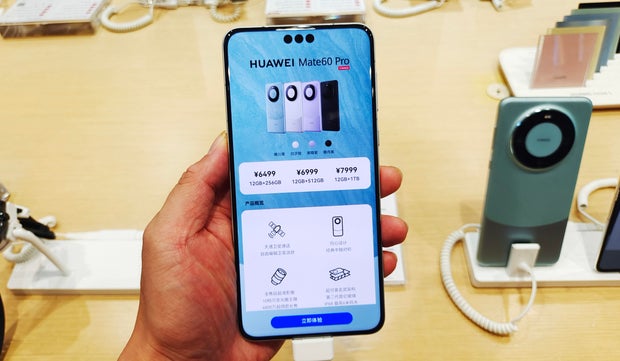Huawei’s latest phone, the Mate 60 Pro, is generating buzz among tech aficionados in China. But in the U.S. the new device is spurring concern, along with an investigation by the U.S. Department of Commerce.
At issue for American officials is the technology inside the Huawei phone, which reportedly includes an advanced 7-nanometer processor made by SMIC, China’s top chipmaker, according to Capital Economics. With that chip, the phone has enough power and speed to rival Apple’s iPhone, and it has been selling briskly in China.
That is raising questions about the effectiveness of U.S. export controls, which have been aimed at curbing Huawei’s ability to acquire cutting-edge components like advanced processors. Until now, those restrictions had effectively crippled Huawei’s smartphone business.
“Prior to U.S. sanctions, the company was well on its way to becoming a global powerhouse,” Capital Economics noted in a report. “In 2018, it sold more phones in Europe than Apple.”
The Commerce Department told CBS MoneyWatch that it is investigating the new phone.
“We are working to obtain more information on the character and composition of the purported 7nm chip,” a Commerce official said. “Let’s be clear: Export controls are just one tool in the U.S. government’s toolbox to address the national security threats presented by the PRC,” or the People’s Republic of China.
Huawei’s new phone arrives as the U.S. and China compete on numerous fronts and amid rising tension over geopolitical flashpoints such as the status of Taiwan and the war in Ukraine.
U.S. Commerce Secretary Gina Raimondo met with Chinese officials in Beijing in August in a rare diplomatic overture to discuss strategic and commercial interests. Appearing on “Face the Nation” last week, she underscored the Biden administration’s goal of improving trade relations, but pointedly noted that patience among American companies is “wearing thin” when it comes to doing business in China.
Here’s what to know about Huawei, the Mate 60 Pro and the impact on Apple.
What is Huawei?
China’s Huawei, one of the world’s largest telecommunications companies, was founded in 1987 and now has more than 200,000 employees and operates in 170 countries.
Despite its size, the company is largely unknown by American consumers because it’s difficult to buy their products in the U.S. Lawmakers and the FBI contend that Huawei is a threat to national security, while AT&T and Verizon both stopped distributing Huawei devices in 2018.
Why did the U.S. put export curbs on Huawei?
The company’s fast growth was accompanied by U.S. concerns about its connections to the Chinese government, as well as fears of espionage. In 2019, the U.S. declared Huawei a security risk and imposed export controls on U.S. technology sales to the company.
The Commerce Department on Friday said that those 2019 restrictions “knocked Huawei down and forced it to reinvent itself— at a substantial cost” to China.
What is the Mate Pro 60?
The Mate Pro 60 is the newest phone in Huawei’s Mate line of smartphones. The new phone shows evidence of a 7-nm chip made by SMIC, “which represents a made-in-China design and manufacturing milestone,” according to analysis firm TechInsights.
Huawei started taking orders for the new phone on Friday and will deliver the devices by October 9, according to Reuters. Speed tests show that the Mate Pro 60 is capable of downloads that are faster than the top-of-the-line 5G phones currently on the market, the publication added.
One YouTube reviewer noted that the phone also has satellite support, a 6.82-inch OLED screen, a 5,000mAh battery and starts at $900. “It’s a beast,” he added.
Costfoto/NurPhoto via Getty Images
How does this affect Apple?
The latest Huawei phone comes at a sensitive time for Apple, which is expected to debut its latest phone, the iPhone 15, on Tuesday.
At the same time, China is one of Apple’s most important markets, accounting for about 20% of its revenue. Beyond renewed competition from Huawei, Apple is also facing new restrictions from the Chinese government, with reports that government employees are being banned from using iPhones.
News of the ban resulted in Apple shares losing about $200 billion in market value this week.
Still, some experts believe the concern about the impact of a government ban is unwarranted.
“On the recent China news over the last few days, we believe in a worst case scenario any China government agency iPhone ban is way overblown as to quantify its less than ~500k iPhones of roughly 45 million we expect to be sold in China over the next 12 months,” Wedbush Securities analyst Dan Ives told investors in a client note.
















































